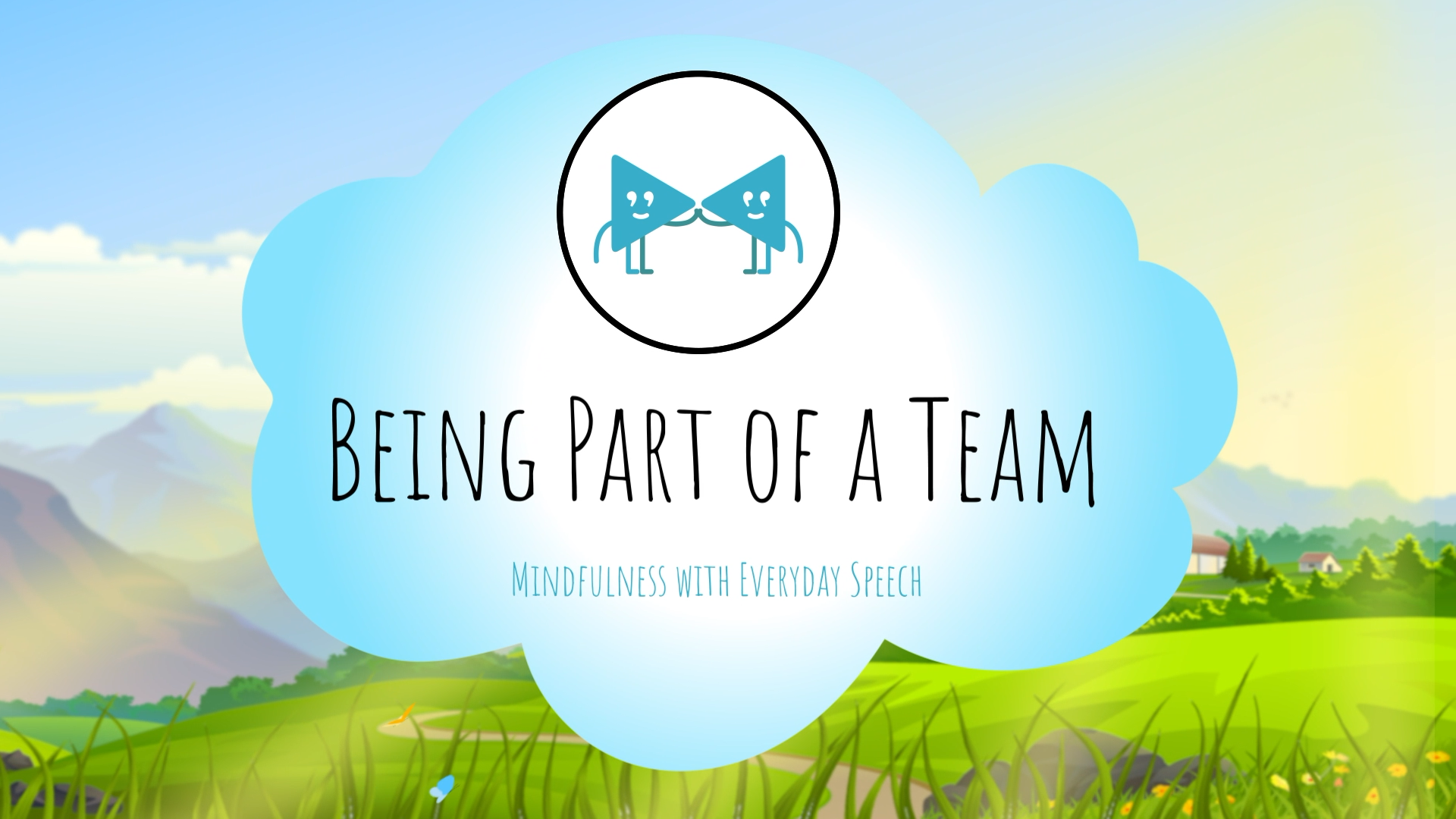Introduction
Being a team player is an essential life skill for children to develop. It involves putting the needs of the group before personal desires and working together to achieve common goals. In this blog post, we will explore an easy-to-implement, no-prep activity that educators can use to teach elementary students about being a team player. We will also provide discussion questions and mention related skills to enhance students’ understanding of this important concept.
No-Prep Activity: The Silent Lineup
This activity requires no preparation or materials and can be done in any setting. The objective is for students to learn the importance of non-verbal communication, cooperation, and teamwork.
- Ask your students to stand in a line.
- Explain that they are not allowed to talk during this activity and must rely on non-verbal communication.
- Give them a task to complete as a team, such as lining up by height or by the first letter of their last names.
- Observe the students as they work together to complete the task. Take note of their non-verbal communication and cooperation.
- Once the task is completed, discuss the activity with the students. Talk about the importance of teamwork and how it helped them complete the task more efficiently.
Discussion Questions
- What challenges did you face during the silent lineup activity, and how did you overcome them as a team?
- How did non-verbal communication play a role in your team’s success?
- Why is it important to be a good team player in different aspects of life, such as in the classroom, with friends, and in extracurricular activities?
- What are some ways you can use your unique talents to contribute to a team?
- How can having a positive attitude affect the overall success of a team?
Related Skills
In addition to being a team player, there are other related skills that elementary students should develop to improve their social-emotional learning. These include:
- Active listening: Paying attention and responding appropriately to others’ ideas and feelings.
- Empathy: Understanding and sharing the emotions of others.
- Conflict resolution: Finding solutions to disagreements in a respectful and collaborative manner.
- Adaptability: Adjusting to new situations and working well with others, even when faced with challenges.
Next Steps
Now that you have learned about the importance of being a team player and have a no-prep activity to try with your elementary students, consider exploring other social-emotional learning skills. To access free sample materials that can help you teach these skills, sign up at Everyday Speech. By incorporating these principles into your classroom, you can help your students develop the skills they need to be successful in all aspects of their lives.






